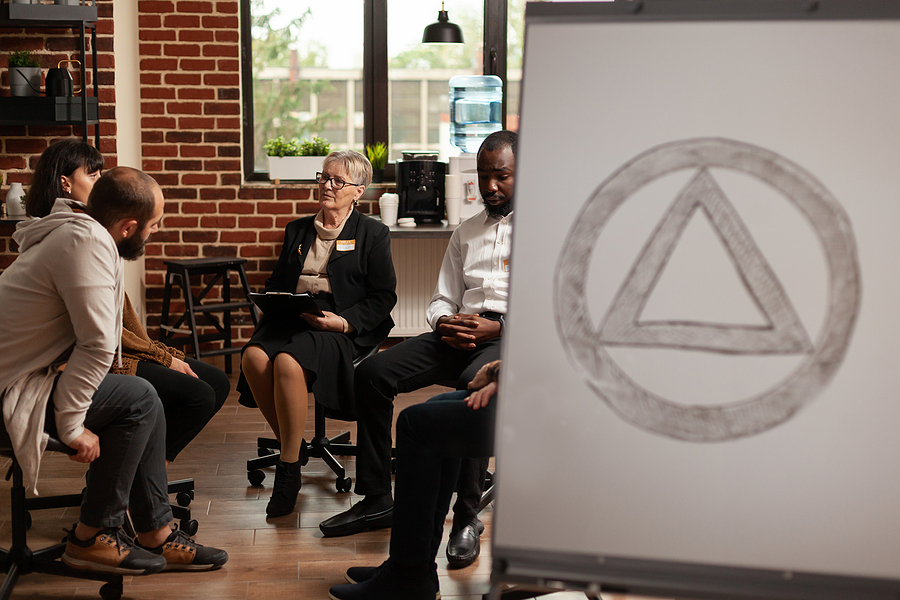Alcohol dependency, often referred to as alcohol use disorder, significantly disrupts the lives of individuals and their families. The effects of alcohol can permeate every aspect of daily living, leading to emotional turmoil and physical health issues. Knowing about the complexities of alcoholism is key for those seeking help and for those supporting loved ones grappling with alcohol problems. This article explores how alcohol dependency affects daily life, the steps to begin the recovery journey, the various treatment options available for long-term alcohol care, and how to contact the Serenity Treatment Center of Louisiana for assistance.
How Alcohol Dependency Affects Daily Life
People living with alcohol dependency often face numerous challenges that deeply impact their daily routines. People with alcohol use disorder may struggle with maintaining relationships, as their alcohol consumption can lead to conflicts with family, friends, and colleagues. The emotional toll of living with an alcoholic spouse or partner can be devastating, causing stress and anxiety that further complicates the situation. The urge to drink can overshadow daily responsibilities, making it difficult to cope with work and personal commitments.
Alcohol misuse can lead to severe health issues, including liver disease, cardiovascular problems, and mental health disorders. The National Institute on Alcohol Abuse and Alcoholism emphasizes that heavy drinking is linked to a range of negative outcomes, including accidents and injuries. The withdrawal symptoms associated with stopping alcohol consumption can also be intense, making it challenging for individuals to break free from their dependency.
Steps to Begin the Recovery Journey
Starting the recovery journey from alcohol addiction can be daunting, but it is essential for achieving long-term sobriety. The first step often involves acknowledging the problem and the desire to stop drinking. Many people find it helpful to seek support from a counselor or join a support group, where they can share their experiences and gain insights from others facing similar struggles. Family therapy can also be beneficial, as it allows family members to address the impact of alcohol abuse and learn how to support their loved ones effectively.
Another critical step is to develop a personalized recovery plan that outlines specific goals and strategies for coping with the urge to drink. This plan may include engaging in healthy activities, such as exercise or hobbies, to replace the time previously spent on alcohol-related activities. It’s also important to identify triggers and high-risk situations that may lead to relapse, allowing individuals to develop coping mechanisms to navigate those challenges.
Treatment Options for Long-Term Sobriety
When it comes to treating alcohol dependency, various treatment options are available to help clients achieve and maintain sobriety. Treatment programs can vary widely, ranging from outpatient counseling to intensive inpatient rehabilitation. Many individuals benefit from a combination of therapies, including cognitive-behavioral therapy (CBT), which addresses the underlying thought patterns that contribute to alcohol abuse and alcoholism. Medication-assisted treatment may also be an option, as certain medications can help manage withdrawal symptoms and reduce cravings for alcohol.
Support groups, such as Alcoholics Anonymous (AA), provide a sense of community and accountability, allowing individuals to share their stories and learn from one another.
Contact the Serenity Treatment Center of Louisiana
If you or a loved one is struggling with alcohol use disorder, reaching out for help is a critical step toward recovery. The Serenity Treatment Center of Louisiana offers comprehensive alcohol dependency care and treatment programs designed to address the unique needs of each individual. Our dedicated team of counselors and mental health professionals is committed to providing support throughout the recovery journey. Contact Serenity Treatment Centers of Louisiana at (225) 361-8445 to get the help that you.










